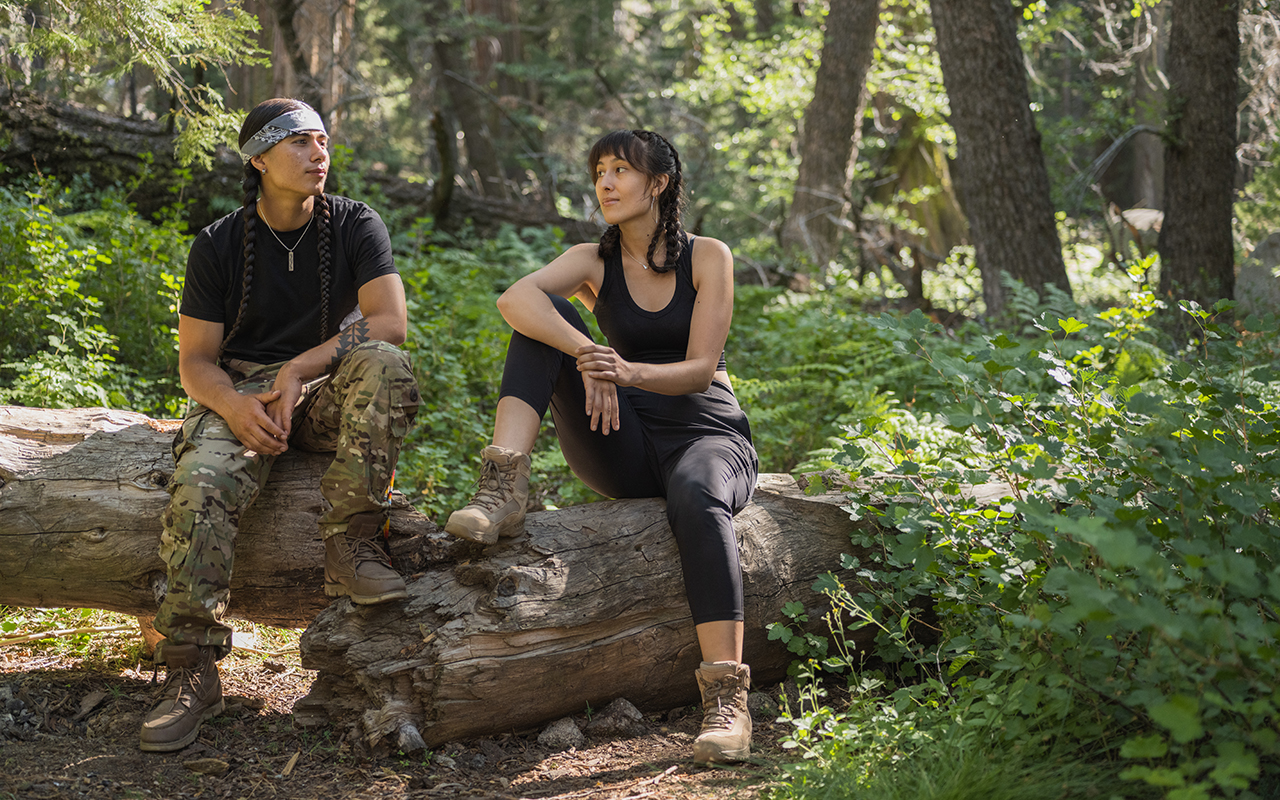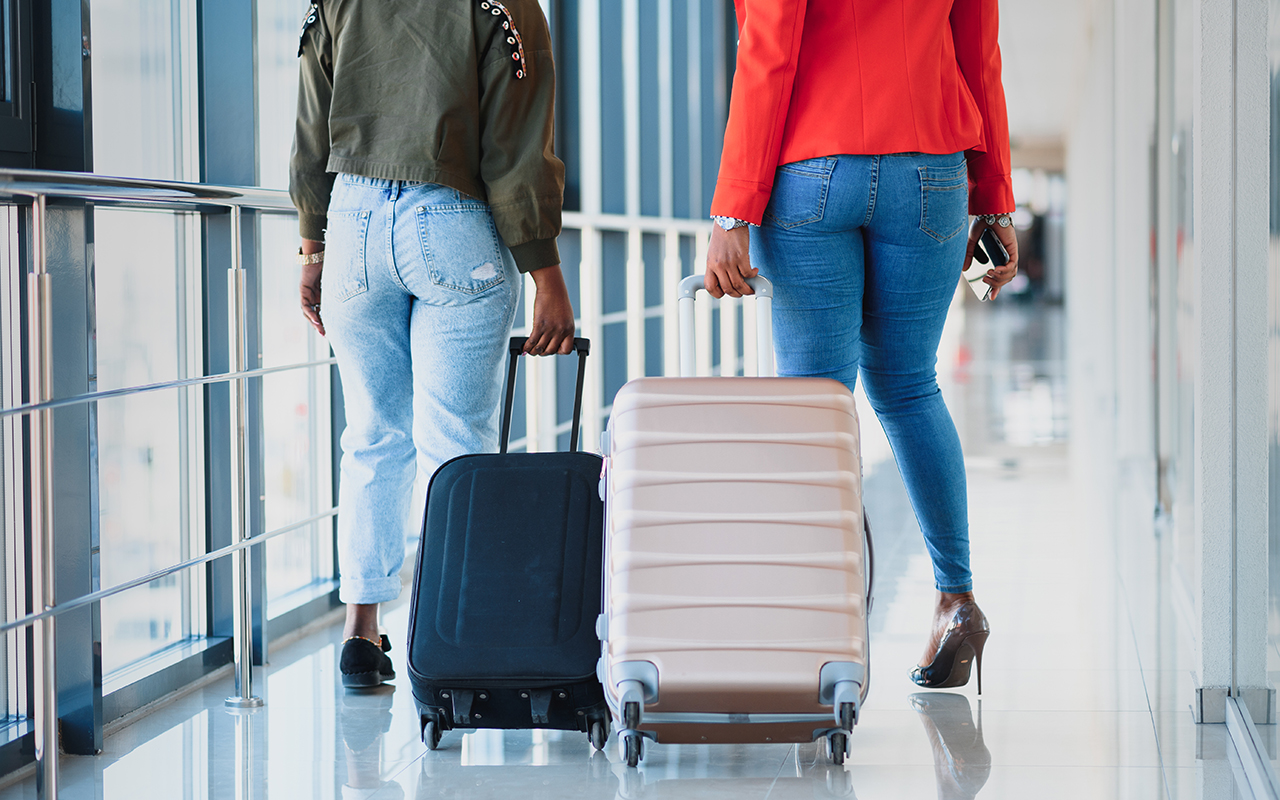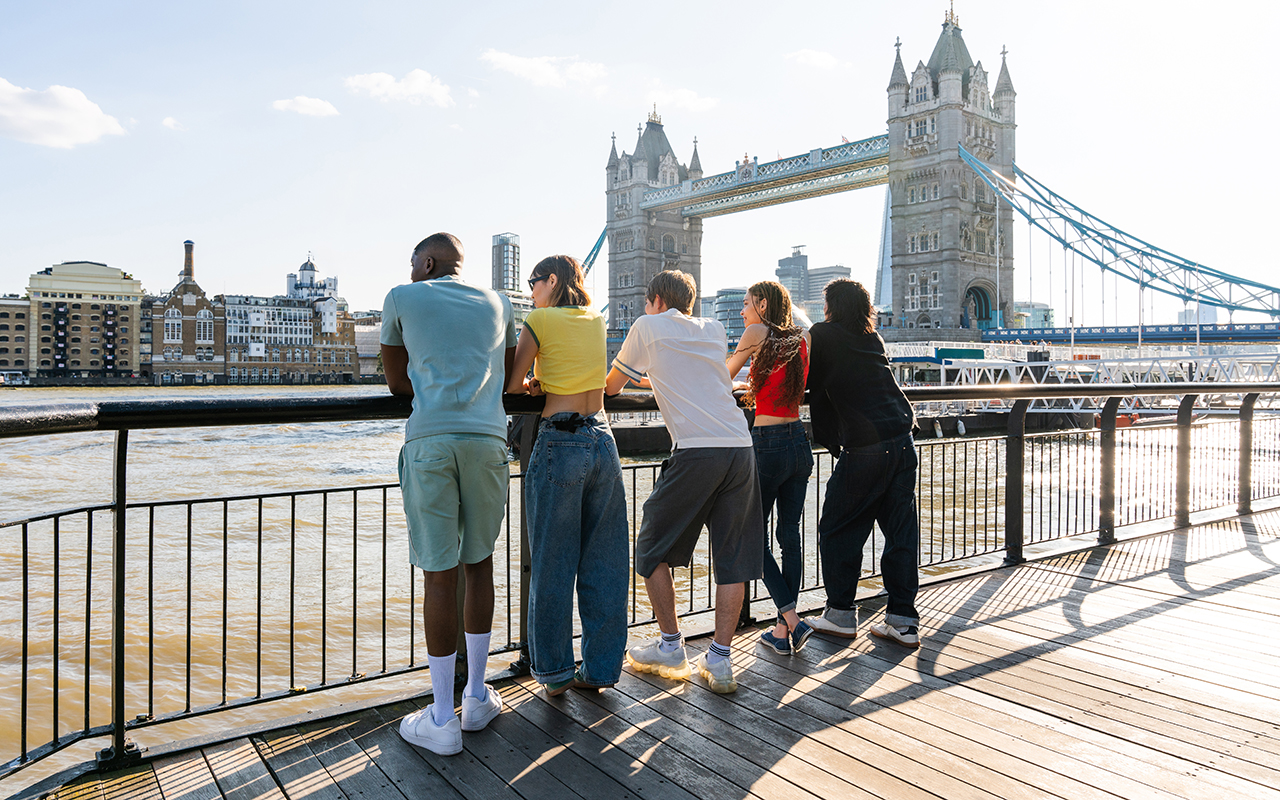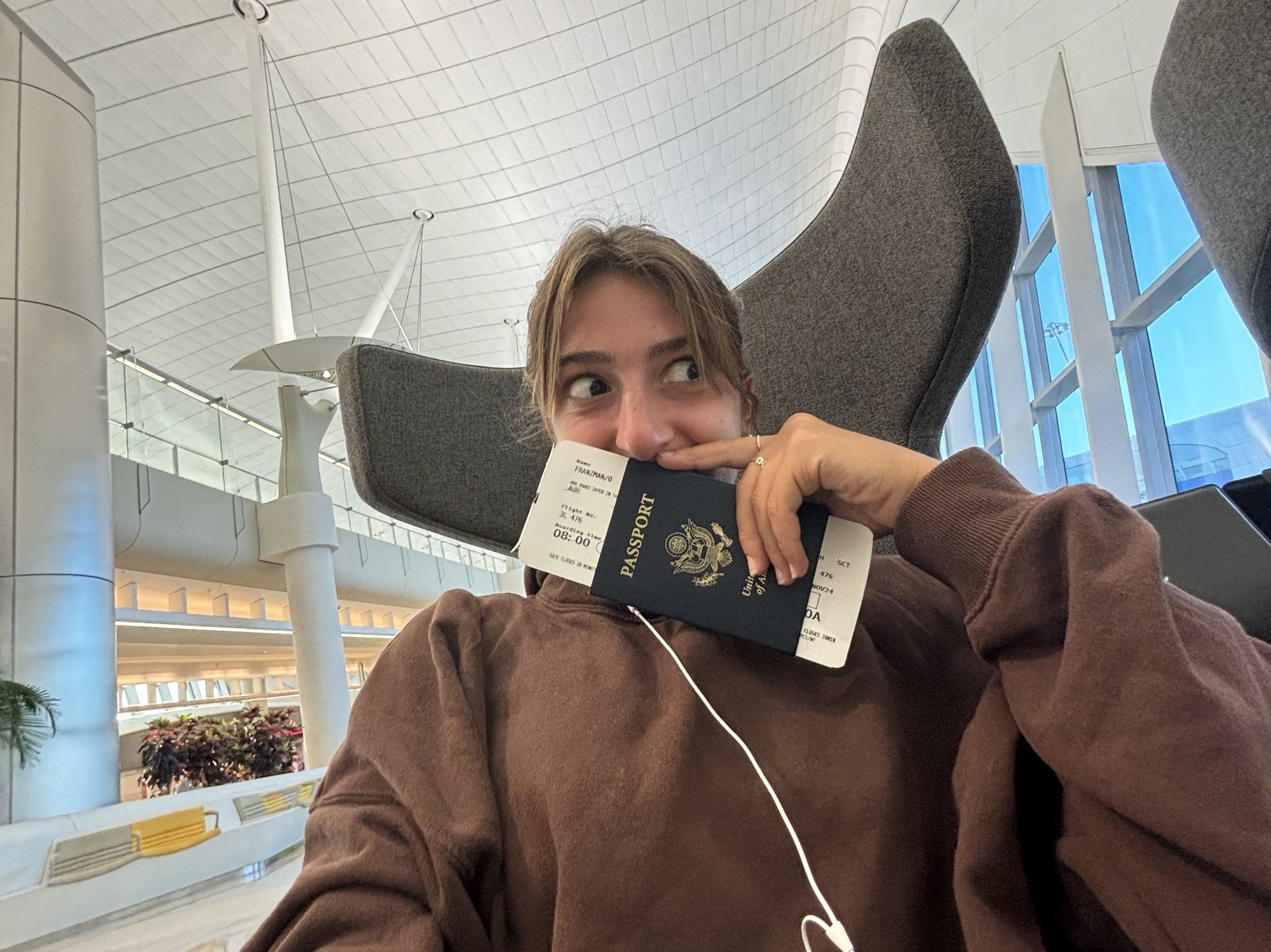
As a full-time traveler from the United States who has visited more than 30 countries and hundreds of cities, islands, and villages, I’ve experienced a variety of responses, discussions, and assumptions about being an American. Some of these encounters have been very enlightening, others more annoying, and some simply amusing.
I am deeply thankful for having grown up in the U.S., specifically in Connecticut, where I had the opportunity to receive an exceptional education, enjoy privileges that many people worldwide don’t have, and have the freedom to travel to most parts of the world with an American passport. However, traveling as an American, especially within the backpacking community, presents specific challenges—ones I wasn’t familiar with or prepared for before starting my journey.
As a child, my travels were typically family trips to popular tourist spots, where Americans were common and we didn’t have much contact with other travelers. However, traveling alone, staying in hostels, and connecting with people from different parts of the world has shown me the various ways Americans are viewed internationally, both good and bad. If you’re planning to travel as an American or are simply interested in the experience, here’s what you might encounter.
The Timeless Travel Inquiry: “Where Do You Come From?”

One of the initial questions that visitors exchange is, “What is your origin?”—often followed by, “Where did you arrive from just now?” and “Where are you planning to go next?”
Each time I respond, I pause briefly, weighing how much information to share. When I say “I’m from the U.S.,” it usually prompts the question, “Where in the U.S.?”—and that’s when the amusing discussions begin.
When I mention Connecticut, people often look completely confused. I then have to clarify that it’s a state located next to New York before they realize it’s in the United States. Occasionally, I simply say New York right away, knowing it will avoid the hassle of explaining where I’m from.
This section isn’t annoying—just entertaining. However, sometimes I receive an awkward “Oh…” followed by a clear change in tone. It’s as if merely being American alters how they view me and their willingness to engage in conversation.
The Stereotypes: “You Don’t Look American!”

Numerous tourists anticipate Americans to conform to a certain image: boisterous, self-centered, proud, uninformed about global affairs, and fixated on quick meals. Therefore, when I interact with individuals, I frequently hear, “Oh, you don’t seem American,” as though that is meant to be a compliment.
The typical assumptions stem from American movies and television programs, which have a strong presence in global media. I’ve been asked questions like, “Do people really consume that much fast food?” “Are high school pep rallies actually real?” and other inquiries inspired by pop culture. Although I understand that people are curious, the discussion can sometimes move from curiosity to criticism.
There’s also a tendency for people to believe all Americans share the same background and culture, despite the fact that the U.S. is vast and varied. What’s common in California is entirely different from life in the Midwest, and my upbringing in Connecticut has little in common with the typical “Spring Break” party image often linked to Americans overseas.
The Judgmental Comments

One of the most peculiar aspects of traveling as a U.S. citizen is how often I face criticism for issues that are completely beyond my influence. Among the most frequent examples are:
- The debate over the metric system – “Why don’t you all use meters and Celsius? That’s really confusing.”
- Alcohol consumption laws – “Your minimum drinking age is absurd.”
- Political rants – “What’s wrong with their government?”
- Gun control – “Have you ever experienced a school shooting?”
Although some of these questions are reasonable, they are frequently phrased in a manner that comes across more as an accusation than genuine interest. It can be annoying to be made personally responsible for the choices of an entire nation, as though I had individually decided on the U.S. measurement system or established the legal drinking age at 21.
The Truth of Origin from a Nation That Everyone Observes
The United States is among the most frequently discussed nations globally. Whether via social media, news outlets, or Hollywood, individuals across the world hold strong perspectives on American politics, society, and culture. Regrettably, this leads to situations where, as an American visitor, I am frequently placed in awkward positions where people feel compelled to give me a lecture, argue with me, or question my beliefs.

Here are some of the most frequent and annoying situations I’ve encountered:
1. Unsolicited Political Commentary
It makes no difference where I go—people are always eager to discuss U.S. politics.
- Who did you cast your ballot for?
- What’s your opinion on the election?
- Your administration is in disarray.
Although I recognize that individuals may be curious about international politics, I don’t always feel like engaging in such discussions, particularly when I’m simply looking to relax in a hostel’s shared space or have a casual meal.
2. Individuals Who Believe They Understand the U.S. More Than You Do
I’ve had many discussions where individuals confidently point out what’s wrong with my country, believing they understand the U.S. better than I do—even though they’ve never visited. They talk about our issues as if they have inside information, usually relying on media images instead of actual experience.
3. Receiving Instructions About American Policies
People often enjoy comparing their native countries to the U.S., and although I value diverse viewpoints, it’s tiring to be told about issues like healthcare, gun regulations, and education as though I’m responsible for these systems. Occasionally, I’d prefer to have a chat without feeling like I’m being put on the spot.
4. Being Required to Clarify American Matters
I’ve been asked:
- Have you ever experienced a school shooting?
- Why do individuals from the United States struggle to locate Europe on a map?
- What are the actual opinions of Americans regarding the right to carry weapons?
Although I comprehend the interest, it’s exhausting to consistently be asked to represent and clarify my entire nation, particularly when I don’t always have the responses.
5. Individuals Who Feel Compelled to Inform Me That They Disapprove of the United States
Some tourists appear to take pleasure in making it clear that they dislike America and have no desire to visit. I’ve heard:
- I would never visit the United States—it’s too risky.
- I’m confused about why people enjoy America so much.
- Your nation is in a terrible state.
It’s okay if people choose not to visit, but I don’t understand why someone would make a significant comment about it to an American traveler. Picture this: if I were to tell someone, without being asked, that I would never visit their country because of something I saw on the news—it would be quite disrespectful, wouldn’t it?

On the flip side, I recently spoke with a European traveler and shared some of the challenges I’ve encountered as an American within the travel scene. We discussed the common stereotypes about U.S. tourists and the sad truth that many Americans have limited global understanding. She had spent a year in the U.S. and had personal experience with individuals who thought Europe was frozen in time, with horses galloping down the streets—an over-the-top but revealing example of how out of touch some Americans can be with the rest of the world.
During this discussion, I came to appreciate how thankful I am to be among a small number of Americans who explore beyond the usual tourist spots and discover the hidden gems of the world. In these places, I have the chance to change perspectives, proving that not all American travelers conform to common stereotypes. I aim to show through my behavior and discussions that my travels are not just about the sights, but about the experiences—meeting people, immersing in different cultures, and gaining valuable insights along the way. By connecting with the world in a significant manner, I hope to embody a different image of an American traveler—one who is curious, open, and truly appreciative of the journey.
Final Thoughts

Being an American while traveling has offered both eye-opening moments and sources of irritation. Although I’ve had remarkable experiences and encountered wonderful individuals, I’ve also come to understand that originating from the U.S. means bearing the burden of the nation’s worldwide image—regardless of my personal stance.
If you’re an American planning a trip, be ready for these discussions. Keep an open mind, but don’t feel you have to participate in arguments you’re not interested in. And keep in mind – most of the time, what people say reflects their own views rather than your personal qualities.
At the close of the day, the most valuable action you can take is to be a courteous and considerate traveler. Demonstrate to others that Americans are capable of being kind, inquisitive, and socially conscious. You could potentially influence a few perspectives along the way.
For more travel tips and hacks, visit MathHotels.com and explore our resources to improveyour next adventure. And for more information on Olivia’s journeys, visither site!
The post The Experience of Traveling the Globe as an American appeared first on Travel Reveal.



